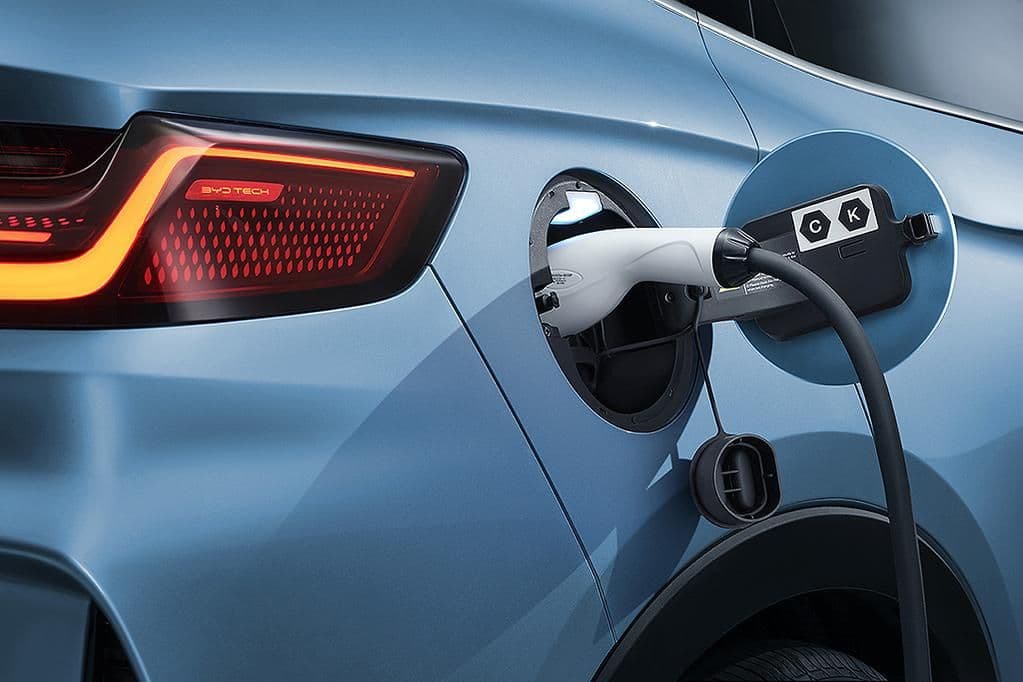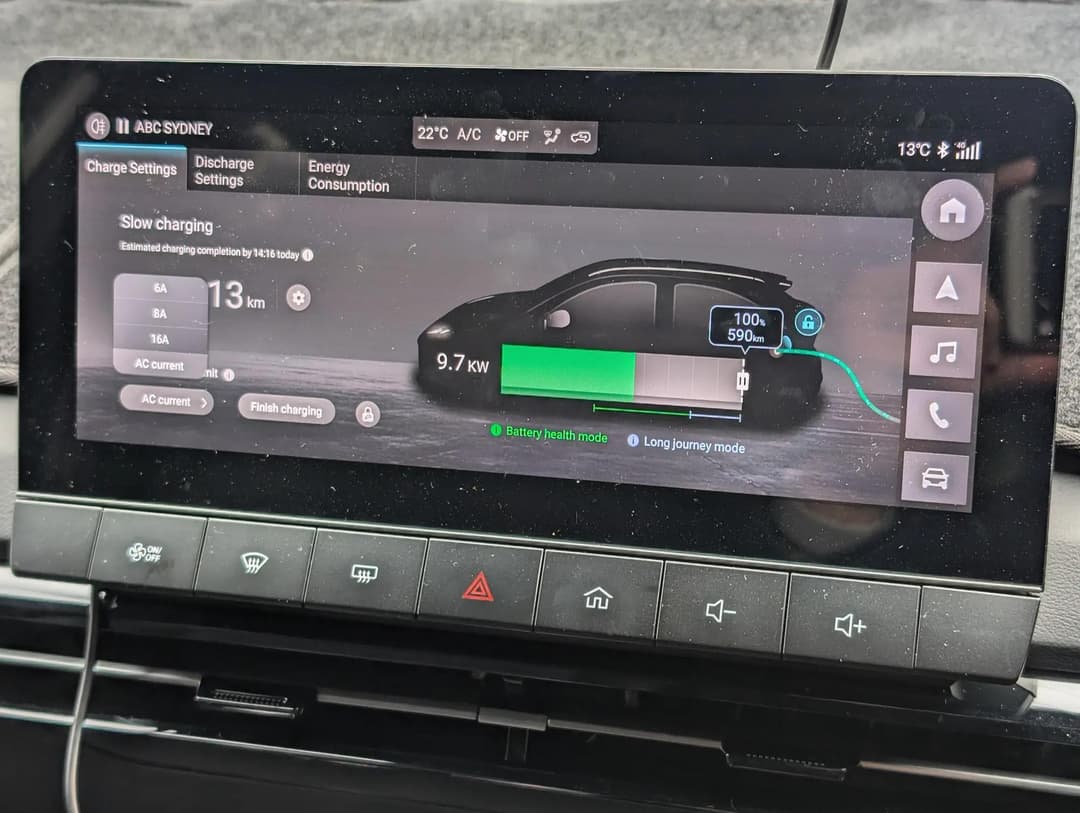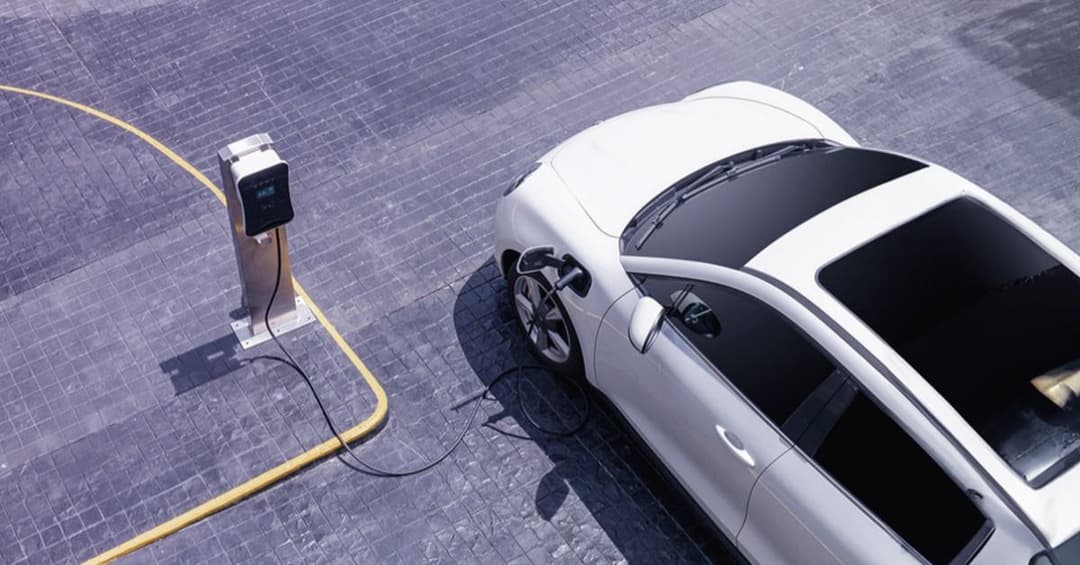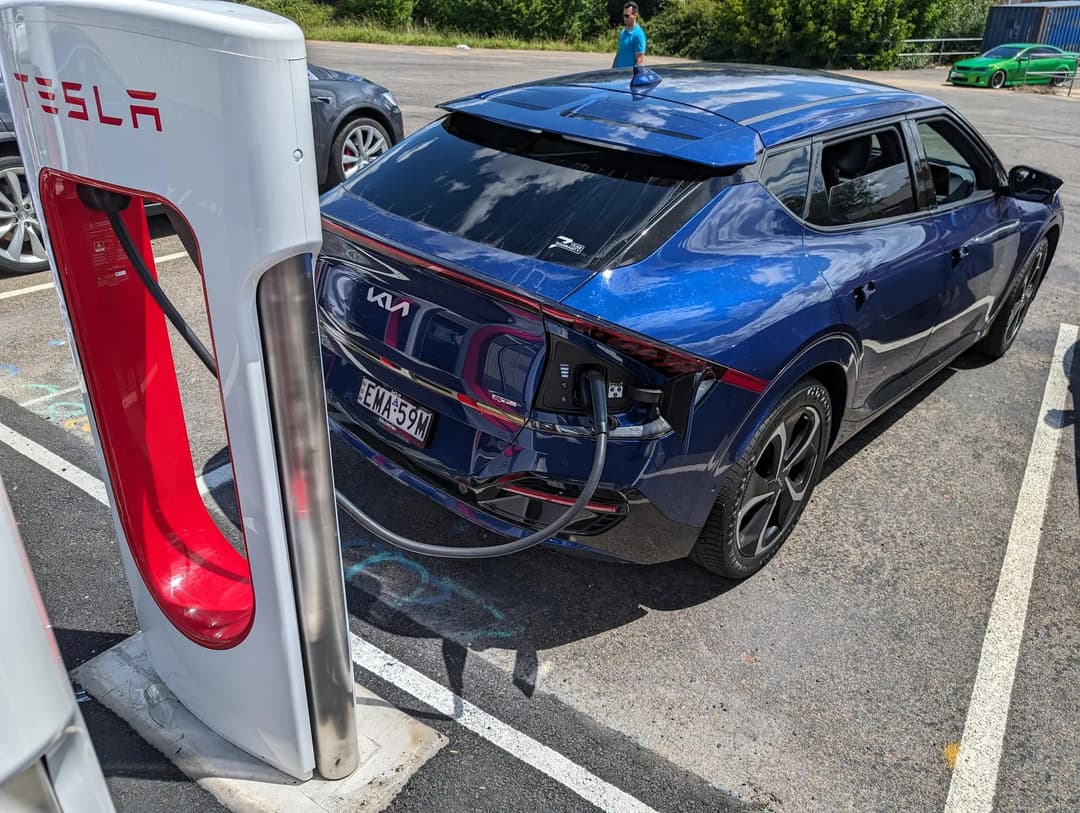A common assumption about electric vehicle (EV) batteries is that they degrade faster in real-world conditions than in laboratory tests. However, a new study from Stanford University suggests the opposite—real-world driving could significantly extend battery life.
▶️MORE: 5 Cheapest Electric Cars in Australia (2025)

Real-World Use vs. Lab Testing
Traditional EV battery tests simulate years of use by subjecting them to continuous charge and discharge cycles under controlled conditions. This approach aims to predict long-term battery performance quickly. However, the study found that these lab conditions may not accurately reflect real-world battery behaviour.
▶️MORE: How Long Do Electric Car Batteries Last?
In reality, driving patterns are dynamic. Stop-and-go traffic, varied acceleration, and periods of inactivity contribute to a battery’s lifespan. Researchers discovered that these natural driving conditions slow battery degradation by up to 38% compared to lab-based tests.

Longer Battery Life Means More Kilometres
According to the study, EV batteries tested in real-world conditions lasted substantially longer than those assessed under traditional methods. This difference could add more than 300,000 km to an EV’s lifespan before requiring a battery replacement.
▶️MORE: Are Electric Cars Better For The Environment?
For EV owners, this means lower costs over the vehicle’s lifetime and a reduced environmental impact due to fewer battery replacements.

How Is Battery Longevity Measured?
Lithium-ion batteries, the most common type in EVs, degrade as lithium ions move between electrodes. Over time, some ions become trapped, reducing the battery’s capacity to hold a charge.
▶️READ: What are LFP, NMC, NCA Batteries in Electric Cars?
To estimate degradation, lab tests typically apply a steady discharge rate to simulate long-term use. By monitoring capacity loss over time, researchers generate estimates like “80% capacity retention after ten years.” However, this method does not account for the varied energy demands of real-world driving.
The Stanford team developed a more realistic approach called “dynamic cycle testing,” which mimics real driving conditions. Over two years, they tested 92 commercial lithium-ion batteries using discharge patterns based on actual driving data.
Surprising Findings on Battery Wear
The results revealed that batteries tested under real-world driving conditions degraded more slowly than those in controlled lab environments. Rapid acceleration and regenerative braking, previously believed to harm battery life, were linked to slower degradation.
Other studies support these findings. A 2024 report from GEOTAB, which tracked 10,000 EVs via remote monitoring, found that newer EV batteries degrade at just 1.8% per year—an improvement from the 2.3% annual degradation rate recorded in 2019.
Another 2024 study examining 7,000 EVs used for commercial purposes found that most retained over 80% of their capacity even after 200,000 km. Factors like improved battery chemistry, usage patterns, and advanced battery management systems played key roles in slowing degradation.

Maximising EV Battery Life
While real-world driving enhances battery longevity, certain factors still contribute to wear. Frequent use of DC fast chargers, especially in hot climates, accelerates battery degradation. Slower charging methods like Level 2 home charging are gentler on batteries.
Experts recommend keeping battery charge levels between 20% and 80% and avoiding exposure to extreme temperatures to maximize lifespan.
➡️GUIDE: What should you consider when buying an electric car?
Implications for EV Adoption
These findings could encourage more drivers to consider EVs, alleviating concerns over battery longevity. For fleet operators, the results suggest that high-mileage EVs can remain reliable for longer, making them a more cost-effective choice.
Stay up to date with the latest EV news
- Get the latest news and update
- New EV model releases
- Get money savings-deal
